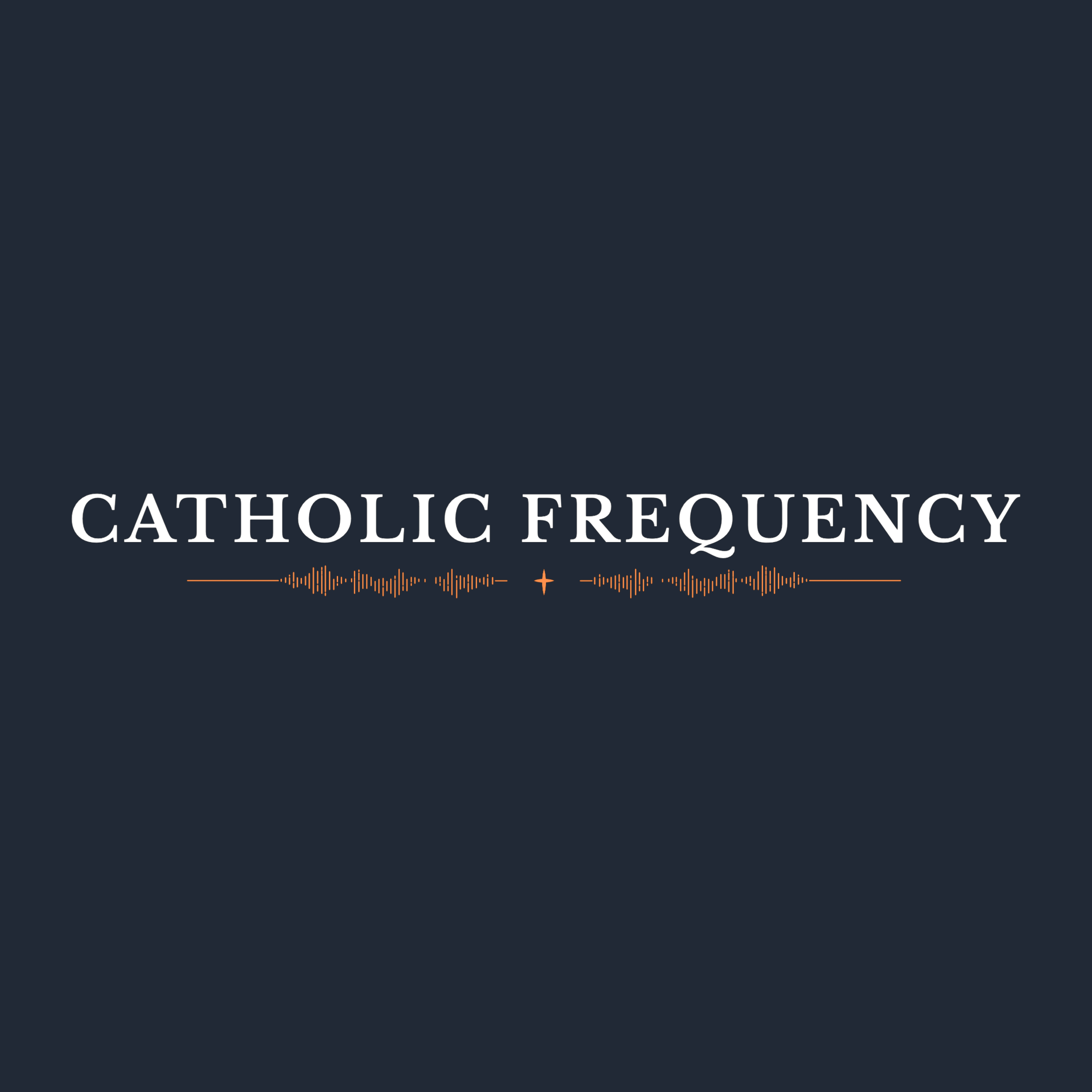A Conversation with Imperator about Greek Philosophy, Roman Order and the Rise of Christendom
In episode 6 of the Catholic Frequency Podcast,we feature a discussion with a Thomistic theologian, biblical scholar, classical historian, and stoic philosopher. The conversation centers around the importance of Greek thought, Roman infrastructure, and the fulfillment of the Hebrew faith, examining how these elements created the cultural and historical context for the spread of Christendom. Imperator explains the fusion of Greek Hellenism with Middle Eastern cultures and how the Greco-Roman Empire laid the foundation for what would become Christendom.
Notes
- Convergence of Greek, Roman, and Christian Elements: The timing of Christ's arrival was significant due to the confluence of Greek philosophy, Roman order, and the Hebrew faith. Greek philosophy introduced the idea of the logos, a concept that aligned with the Christian understanding of Christ as the divine Word.
- Hellenization and Roman Order: Alexander the Great’s conquests spread Hellenism, blending Greek culture with Middle Eastern traditions. The Roman Empire provided infrastructure (roads, legal systems, and common languages) that facilitated the spread of Christianity.
- Greek Philosophers and Christianity: Philosophers like Socrates, Plato, and Aristotle questioned the morality of the Greek pantheon and sought higher truths, laying intellectual groundwork for Christianity. Aristotle’s concept of virtue ethics was foundational for Christian theology, influencing thinkers like Thomas Aquinas.
- Merging of Greek and Roman Cultures: The phrase "Rome conquered Greece, but Greece conquered Rome" reflects how Greek philosophy deeply influenced Roman culture. Roman discipline and order combined with Greek wisdom set the stage for the rise of the Christian empire.
- Christianization of the Roman Empire: The apostles spread the gospel during the Pax Romana, with the Roman Empire providing infrastructure for Christianity to flourish. Constantine’s conversion and the Edict of Milan legalized Christianity, ultimately making it the state religion of Rome.
- The Role of Virtue in Society: The cardinal virtues—prudence, justice, fortitude, and temperance—are essential for personal and societal governance. The Christian moral framework built on Greek virtues was pivotal in shaping Western civilization.
- Contributions of Christianity to Western Civilization: Christianity transformed the Roman Empire and contributed to the development of hospitals, universities, and legal systems. The Church preserved Roman structures and intellectual traditions while infusing them with a Christian moral and supernatural foundation.
- Modern Implications: The episode touches on the dangers of modern secularism and the erosion of Christian moral foundations. Family is the core building block of society, with the idea that raising virtuous children is the surest way to improve the world.
